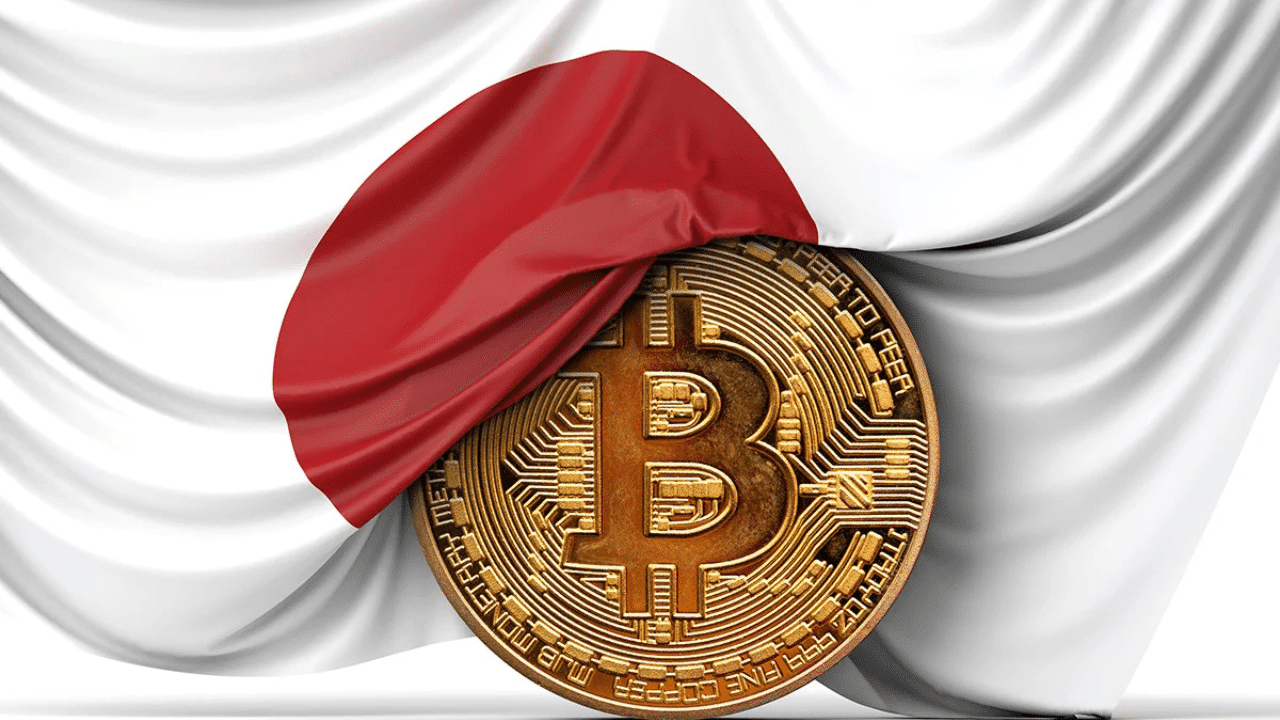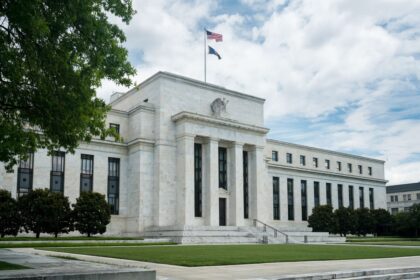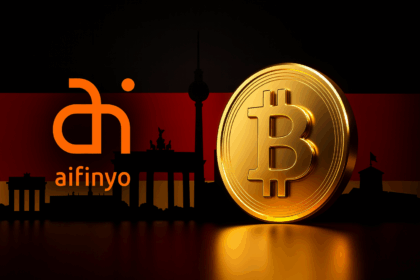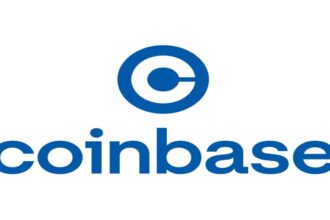Japan’s top financial regulator, the Financial Services Agency (FSA), is considering letting local banks trade and keep cryptocurrencies. A report from Yomiuri Shimbun says the agency plans to revisit current rules that stop banks from holding digital assets due to their unpredictable prices.
As per the report, the planned reform would create rules allowing banks to trade cryptocurrencies in the same way they trade stocks or government bonds. The agency also wants to put safety measures in place to reduce risks from sudden price changes and market swings. Officials are expected to discuss the proposal at an upcoming meeting of the Financial Services Council, which advises Japan’s Prime Minister on major financial matters.
Banks Can Register For Crypto Trading Rights
Besides trading, the FSA is weighing whether to allow banking groups to register as licensed “cryptocurrency exchange operators.” This would permit banks to offer crypto trading and custody services directly to customers. The reform follows a rapid rise in Japan’s crypto activity, with over 12 million registered accounts as of February 2025, nearly 3.5 times more than five years ago.
The regulator also wants to transfer crypto regulation from the Payments Services Act to the Financial Instruments and Exchange Act (FIEA). This would put cryptocurrencies under the same law as securities, with the addition of stronger investor protection and clearer supervision. The FSA explained that most problems in crypto are similar to those already covered under the FIEA, so revising the law is a realistic step.
Major Banks Push Stablecoin Adoption
Japan’s biggest banks, Mitsubishi UFJ Financial Group, Sumitomo Mitsui Banking Corp., and Mizuho Bank are working together on a stablecoin tied to the yen. The goal is to make business payments faster and cheaper across the financial system.
At the same time, the Securities and Exchange Surveillance Commission is to implement tougher penalties for insider trading in the crypto market, to create a fairer and more trustworthy market.
Japan’s changing view on crypto shows it’s becoming more open to digital finance. With national debt now about 240% of GDP, more investors may start seeing cryptocurrencies as another option outside the traditional banking system.
Japan’s plan to let banks handle cryptocurrencies shows a major policy shift toward treating digital assets as part of the formal financial system.
Also Read: U.S. Investor Loses $3M in XRP Hack Through Huione Laundering











